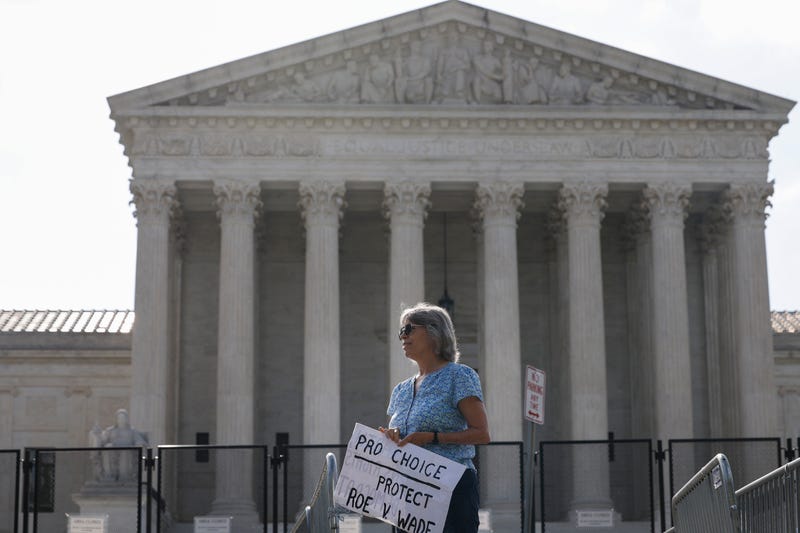
After the overturn of Roe vs. Wade, Missouri’s trigger law went into effect, which nearly totally outlawed abortions statewide. State Representative Mary Elizabeth Coleman was one of the sponsors of the legislation, and she explained what exactly it means on Total Information AM.

“Abortions are now illegal in the state of Missouri, except to save the life of the mother,” she said. Coleman said that precedent is not much different from how things work now in the state.
“Our hospital systems have been operating under this language for the past two years. And there aren't any instances that I'm aware of where this has been a difficult thing for them,” she said. “I know that people are really scared and they're nervous, maybe if they're trying to parse through what does this exactly mean. But the truth is that we have been able to operate under this system where the physicians are able to work within the language that's there to make these determinations.”
Coleman added that Missouri has been steadily eliminating abortion access for a long time before the Supreme Court decision last week.
“In many ways, here in Missouri, we've been operating in a post-Roe world already,” she said. “There have been around 150 abortions that have taken place in the state for the last two years. And we were on pace to do that few — but you know, I believe even one is too many.”
Coleman said that the law does not apply to ectopic pregnancies or miscarriages, since care for those are separate from an abortion. However, the law doesn’t allow for terminations of pregnancies where the baby is likely to die at birth or suffer severe complications. She also said the law doesn’t target people seeking abortions.
“It's important to say also that women are not going to be in any way prosecuted for obtaining an illegal abortion,” she said. “The law only targets the providers to make sure that they're the ones who are responsible for following the law.”
In the wake of the decades-long legal precedent being overturned, many people are wondering if the Supreme Court will review other landmark legislation too, like access to contraception, legalization of gay marriage, and the decision that invalidated sodomy laws. Justice Clarence Thomas wrote in a statement that it might be time to revisit those three decisions.
CBS Legal Analyst Thane Rosenbaum said Justice Thomas’ comments don’t necessarily mean that those decisions will be overturned. But since the Dobbs decision meant that abortion is no longer a constitutional right, it might be time to look at other decisions with more scrutiny.
“What it generally means is reading into the Constitutional rights that may not be enumerated. So he was just basically saying it more broadly,” Rosenbaum said. “That doesn't mean that from his perspective, he would seek to undo those other constitutional protections. But he seems to fudge it a little, it's not clear. On the other hand, you have five justices who flat out said we're not going to touch those rights.”

